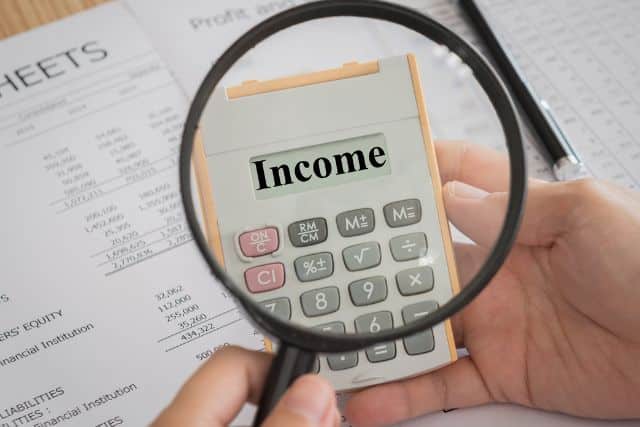Investing in commercial real estate is a strategic process. To succeed, you must have good working knowledge not only of your own properties, but also of countless processes, rules, and regulations related to leasing, buying, and selling commercial real estate. One key part of strategic investment to understand is capital gains.
Capital gains taxes can greatly impact your business if you don’t plan carefully for how to handle them. On the other hand, understanding capital gains empowers you to make smart decisions for the long term health of your business. Let’s break down everything you need to know about capital gains.
What Are Capital Gains in Commercial Real Estate?
When you sell a property and make a profit, or capital gain, you must pay taxes on it. Depending on the situation, capital gains taxes might be quite different. They can change for long term vs. short term ownership periods, income levels, and state laws.
Regardless, to maximize profits, it is always critical to consider the tax burden of any sale. Understanding taxes lets you strategize for the best business outcomes. Below, we’ll explore some of the factors that go into the capital gains tax.
Capital Gains Taxes: Short vs. Long Term
Capital gains taxes are different depending on how long you held the property before selling it. Holding a property for less than a year means you will pay a short term tax. This tax is based on your ordinary income tax rate, up to 37%.
Holding a property for more than a year, however, means you will pay a long term capital gains tax. Long term rates are generally lower than short term rates. This savings often encourages investors to hold on to properties for longer periods. Long term rates are also based on your income level and filing status.
State Taxes
In addition to paying the federal government, some states also require capital gains taxes or other income taxes on your sale. Not all states calculate these tax burdens the same way, so it’s crucial to know the rules for each state in which you work. Having a clear understanding of regulations helps you maximize savings and avoid IRS audits.
Depreciation Recapture
Depreciation recapture is a particularly complicated aspect of capital gains tax. As a property owner, you can take a tax deduction for depreciation on your holdings. This is the normal aging and wear on physical property that lessens its value over time. Depreciation benefits are a valuable business tool in commercial real estate, but you must be careful of recapture.
Recapture occurs when you sell a property and its total depreciation over the time you owned it is now taxable. Planning for this expense far in advance is crucial for making strong business decisions. Using a comprehensive commercial property management software like STRATAFOLIO can help you track important financial details including asset value and equity, making this planning process much easier.
Strategies to Mitigate Capital Gains Tax
Capital gains taxes may seem intimidating, but there are many ways to defer or reduce it. This flexibility is a major benefit of investing in commercial real estate. Take a look at some of the major options for handling capital gains.
Use 1031 Exchanges
In a 1031 exchange, you can defer capital gains taxes by using sale profits to purchase a new “like-kind” property. Like-kind means another commercial property of equal or greater value.
There are a few important details to know about 1031 exchanges. First, you must usually complete them in just 180 days. Second, you will eventually have to pay all your taxes when you sell the new property. However, there is no rule against using another 1031 exchange to defer payment even further.
Invest in Opportunity Zones
Opportunity Zones are areas of “economic distress” across the country that offer tax benefits for real estate investors. Reinvesting your capital gains in an Opportunity Zone allows you to defer taxes until December 31, 2026. If you have owned property in an Opportunity Zone for several years, you may even receive a tax reduction, up to 100%, when it’s time to pay.
Rules regarding Opportunity Zones are subject to change. Be sure to keep up with current laws to maximize your benefits.
Installment Sales
Installment sales mean that you receive payment for a sale in smaller amounts over time. Spreading out capital gains also means spreading out your tax burden, which can free up your income for other needs.
When Should You Pay Capital Gains Taxes?
In general, paying capital gains taxes is a good idea when you need the profits from a sale immediately. While those profits will be subject to tax, any profit is better than none in emergency situations. An example might be when another property needs urgent or unexpected repairs. In this case, you’re better off receiving profits like normal to make sure you can cover the cost.
Make Informed Financial Decisions with STRATAFOLIO
Handling capital gains taxes can feel overwhelming, but a complete understanding of your finances can help. Find organization and clarity with STRATAFOLIO commercial property management software. Our complete two-way integration with QuickBooks Desktop and Online means that all your data for all your properties is in one convenient location, from revenue to tax burdens.
To learn more about how STRATAFOLIO can help you manage taxes, schedule a free 1:1 demo now!






